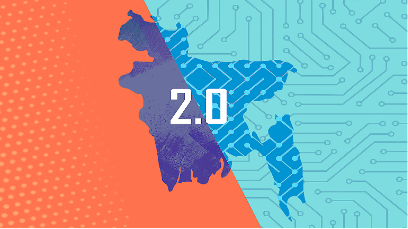Bangladesh has just taken a big step toward improving its digital future. In early June, the newly suggested Telecommunications Network and Licensing Reform Policy 2025 was welcomed by the Association of Mobile Telecom Operators of Bangladesh (AMTOB). This reform plan promises to simplify rules and make it easier for people and businesses to access high-speed internet and mobile services. ICT is about technology and communication, and policy here is the set of rules and laws that shape the industry. Together, they show how rules and tech can work hand-in-hand to bring positive change. AMTOB described the policy as “bold and necessary.” Before, telecom companies in Bangladesh had to follow complicated rules tied to old systems from 2007. These rules split services into many parts, like IGWs, IIGs, ICXs, and NTTNs. This meant higher costs and slower service for customers. The new policy will simplify things by grouping licenses into just three categories: International Connectivity, National Infrastructure, and Access Network. This change will help reduce delays and improve service quality across the country. For regular people, this means better and faster internet at more affordable prices. Students, families, and businesses can rely on stable services for school, work, and entertainment. For companies, the new policy clears the way for smoother projects and room to use new technologies such as 5G and cloud services. The reforms also come at a good time. Bangladesh aims to grow its digital economy and connect its young workers to global opportunities. With clearer rules, local mobile operators can invest more in expanding infrastructure to rural areas. This helps remote villagers get online and join the digital world. Reliable internet is not just about browsing—it can bring better education, healthcare, and business chances to all parts of the country. According to industry experts, this moment marks a significant change. By updating old regulations and letting telecom companies do more, Bangladesh will become more connected both inside and outside its borders. This kind of policy change shows how leaders are committed to supporting technology and keeping pace with the global digital shift. While the policy is still being finalized, AMTOB’s support signals strong backing from the telecom industry. If implemented well, this reform will help all Bangladeshis enjoy faster, cheaper, and more reliable communications. It shows how smart rules paired with good technology can help a whole nation grow.
Telecom Reform 2025: Bangladesh’s Digital Leap Forward
66


